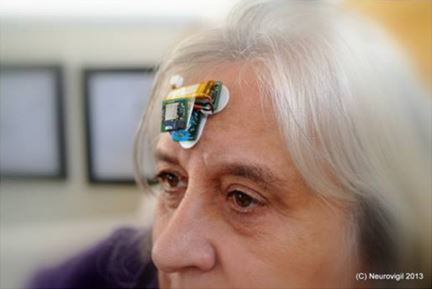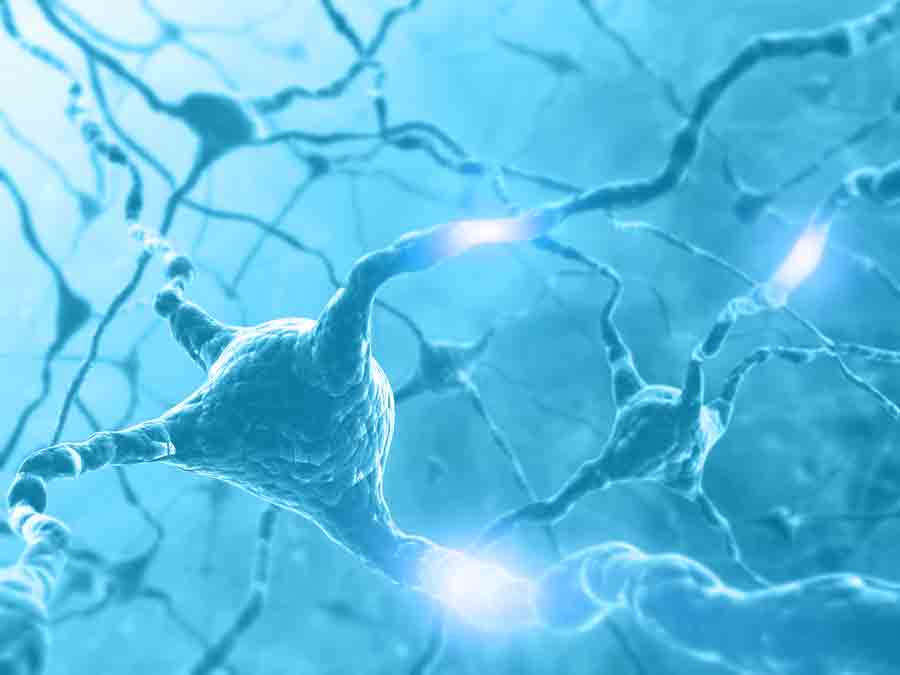Posts Tagged ‘aging-brain’
Non-invasive neurotechnology reaches senior housing via ASHA-NeuroVigil innovative partnership
. Senior Living Sees Huge Potential in Resident Brain Data (Senior Housing News): “The American Senior Housing Association (ASHA) has announced a new partnership that aims to use neuroscience to determine whether senior living communities are benefiting their residents. As part of the initiative, La Jolla, California-based NeuroVigil will monitor
Read MoreNewborn neurons in the adult brain are critical for learning and memory
Newborn Neurons — Even in the Adult Aging Brain — Are Critical for Memory (Science Daily): “Newly generated, or newborn neurons in the adult hippocampus are critical for memory retrieval, according to a study led by Stony Brook University researchers…Previous research… has demonstrated that newborn neurons form connections with existing neurons
Read MoreNew Brain Health Series: The Child, Adolescent, Adult and Aging Brain
People of all ages read SharpBrains.com, so we are preparing a series of articles on Brain Health across the Lifespan. The series will include 4 parts: The Child Brain, published in November 2010 The Adolescent Brain, in December 2010 The Adult Brain, in January 2011 The Aging Brain, in February 2011 Each part will : Include surprising facts on how the brain works Debunk commons…
Read MoreUpdate: Let’s move, slow down, innovate, think and play
You have heard that physical exercise is good for the brain. How much exercise are we talking about? Can the benefits be seen both for children and adults? In Fitter bodies = fitter brains. True at all ages? Dr. Pascale Michelon answers these questions for you, based on latest scientific studies. We need fun ways to…
Read MoreMental Floss at Military Officer magazine
Good article on the August edition of Military Officer magazine: Mental Floss (August 2008) (link opens a PDF-life document, you can read the text by Zooming In). My 2 favorite quotes, both by Dr. Molly Wagster, chief of the Neuropsychology of Aging Branch, National Institute on Aging (NIA) in Bethesda, Md: — “Certainly as we age there…
Read MoreCognitive Health News Round-Up
Round-up of interesting recent news on cognitive health and fitness: the field is in motion. 1) Baycrest creates Centre for Brain Fitness with $10-million Investment from Ontario Government (Canada NewsWire) 2) Cognitive tests are the best way to select medical students (EurekAlert) 3) High blood pressure hard on the aging brain (Reuters) 4) Alzheimer’s tests beneficial for seniors (Atlanta-Journal…
Read More

